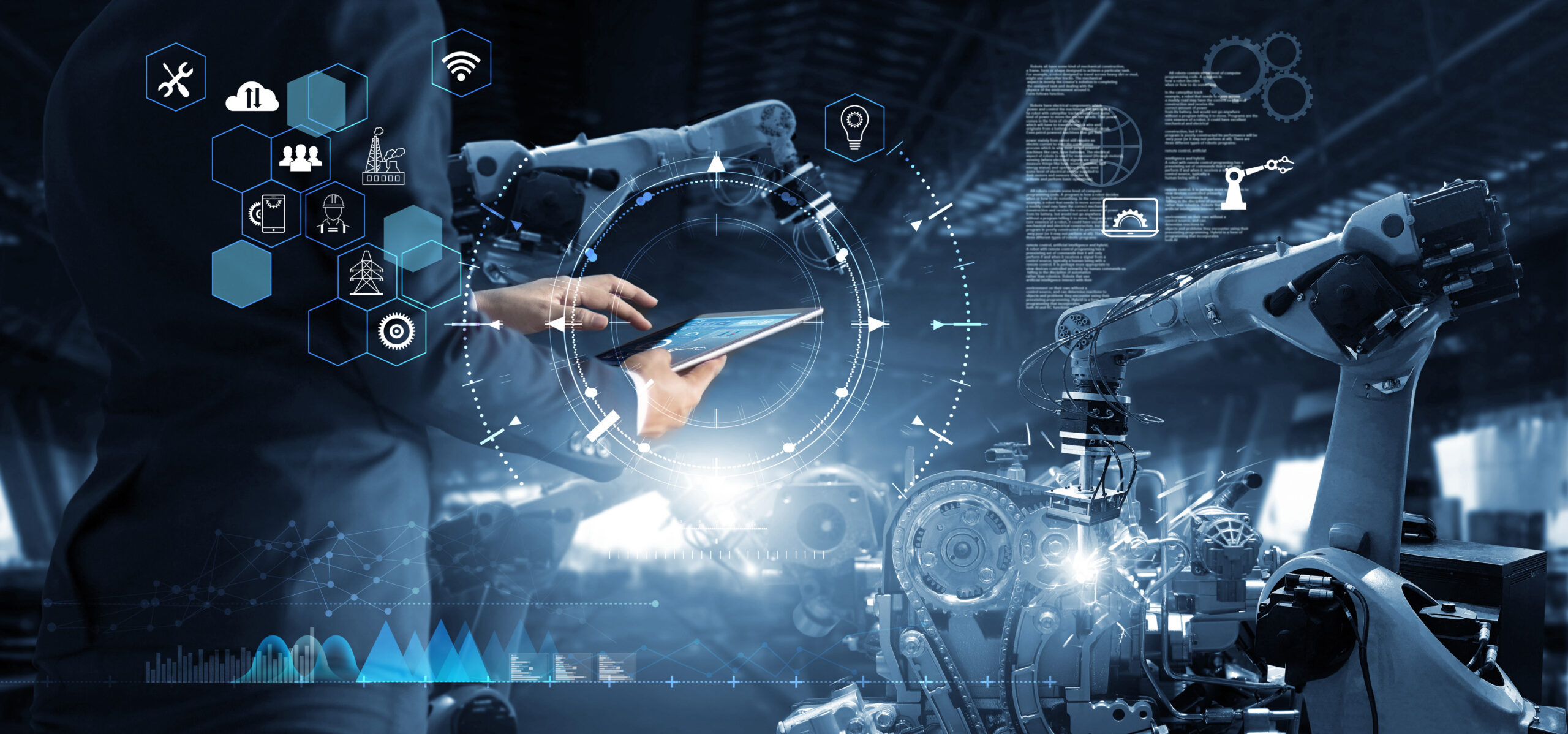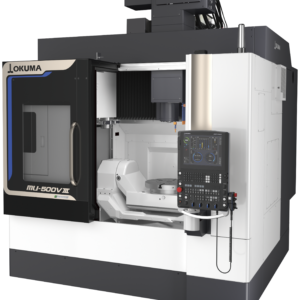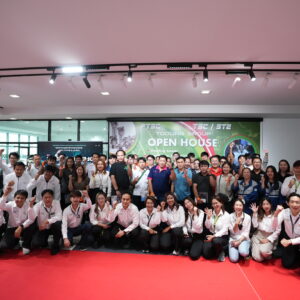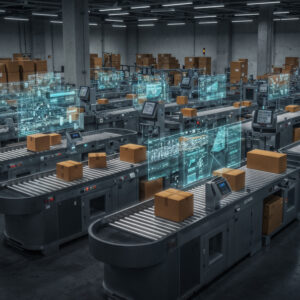Article by: Asst. Prof. Suwan Juntiwasarakij, Ph.D., Senior Editor
According to a survey of 352 machine learning experts, there is a 50% chance that AI will outperform humans in all tasks in 45 year and, therefore, there is a 50% chance that machines will take all jobs in 120 years. Moreover, machine will outperform human at translation, trucking driving, and essay writing in 10 years.

Source: TIME
Machine takeover is a hypothetical scenario in which artificial intelligent (AI) becomes the dominant form of intelligence on Earth, with computer programs or robot effectively take the control of the planet away from human species.

Possible scenarios include replacement of the entire human workforce, takeover by a super intelligent AI, and the popular notion of a robot uprising. Some public figures, such as Stephen Hawking and Elon Musk, have advocated research into precautionary measures to ensure future super intelligent machines remain under human control.

Researchers from Oxford University’s Future of Humanity Institute and Yale University predicted that machine will be better than humans at translating languages by 2024, writing high-school essays by 2026, driving a truck by 2027, and working in retail by 2031. By 2049, machines will be able to write a best seller and by 2053 they will be working as surgeons.

The changeover has already started. Sales of professional service robots, those used for nonindustrial functions such as logistics, inspections, and maintenance, reached 271,000 units in 2018, up 61% from 2017, according to International Federation of Robotics (IFR). There are now 2.7 million industrial robots operating in factories worldwide, and the IFR expects that to increase to 4 million by 2022.

Source: Frey & Osborne, Bureau of labor statistics, compiled by Bloomberg
TAKE-HOME MESSAGE
All in all, history suggest that worst fears of machine making human obsolete never come true. In some quarters, AI and robotics are considered the Fourth Industry Revolution, following the transformations in the past in the 18th, 19th, and 20th centuries. While displacement of jobs occurred in each wave of new technology, new jobs emerged to balance out some of the pain.

Technological progress has vastly shifted the composition of employment, from agriculture and artisan shop, to manufacturing and clerking, to service and management occupations. As a World Economic Forum survey concluded, while 75 million jobs may be displaced, 133 million new roles may emerge that are more adapted to the division of labor among humans, machines, and algorithms.





